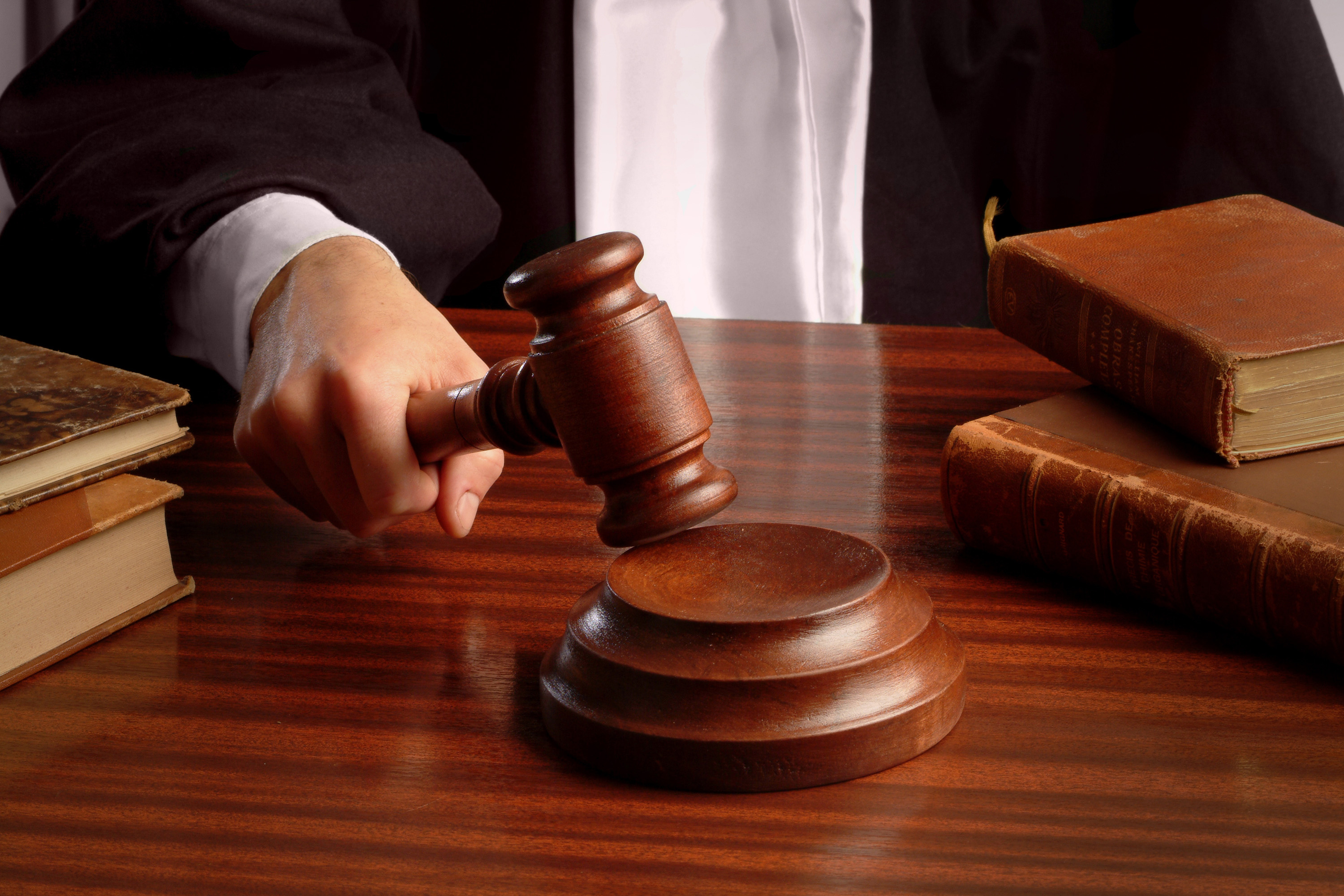Google loses High Court bid to have Apple Safari snooping case heard in US
Search giant confirms plans to appeal the ruling and maintains it has no case to answer in the UK.

Sign up today and you will receive a free copy of our Future Focus 2025 report - the leading guidance on AI, cybersecurity and other IT challenges as per 700+ senior executives
You are now subscribed
Your newsletter sign-up was successful
Google has lost a High Court bid to stop legal action being taken against it in the UK by a group of Apple users, but is planning to appeal the ruling.
The search giant is being sued by a group of internet users for allegedly circumnavigating Apple's security controls and privacy settings to monitor their web habits using the Safari browser. It is claimed this was to deliver user-targeted advertising.
We still don't think this case meets the standards required in the UK for it to go to trial, and we'll be appealing today's ruling.
The internet search giant previously claimed it has no case to answer in the UK, and applied to have the case heard in California in December.
However, a High Court ruling today confirmed the case does fall under the jurisdiction of the UK court, meaning the claims can be tried over here.
The High Court stated: "There is a serious issue to be tried in each of the Claimant's claims for misuse of information."
In a defiant statement to IT Pro, Google said it plans to appeal the High Court's decision.
"A case almost identical to this one was dismissed in its entirety three months ago in the US," it states.
Sign up today and you will receive a free copy of our Future Focus 2025 report - the leading guidance on AI, cybersecurity and other IT challenges as per 700+ senior executives
"We still don't think this case meets the standards required in the UK for it to go to trial, and we'll be appealing today's ruling."
Judith Vidal-Hall, one of the claimants, said the group are delighted Google will now have to answer questions about its privacy policies in an open court.
"We want to know how Google came to ignore user preferences to track us online; how did they get around Apple's program settings. They have said it was accidental, but how do you accidentally interfere with someone else's program?
"We want to know how long they have done this for, what they've done with our private data, how much they have made from this, and why they keep flouting privacy laws?"
Nick Pickles, director of privacy campaign group Big Brother Watch, told IT Pro the case highlights the importance of privacy regulation.
"It is an important principle that people are able to control who collects their information and how it is used and this case has the potential to enhance consumer protection and strengthen privacy in a number of areas," said Pickles.
"It is critical that companies respect the choices we make as consumers and this case could be a significant deterrent in the future."
-
 Anthropic promises ‘Opus-level’ reasoning with new Claude Sonnet 4.6 model
Anthropic promises ‘Opus-level’ reasoning with new Claude Sonnet 4.6 modelNews The latest addition to the Claude family is explicitly intended to power AI agents, with pricing and capabilities designed to attract enterprise attention
-
 Researchers call on password managers to beef up defenses
Researchers call on password managers to beef up defensesNews Analysts at ETH Zurich called for cryptographic standard improvements after a host of password managers were found lacking